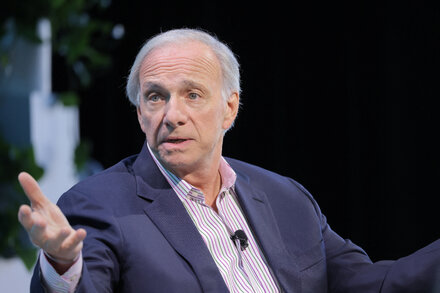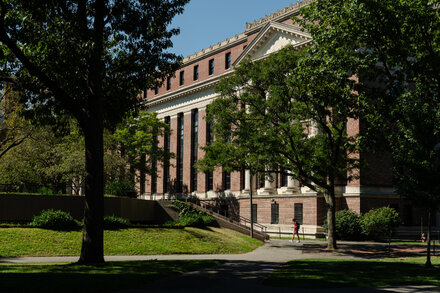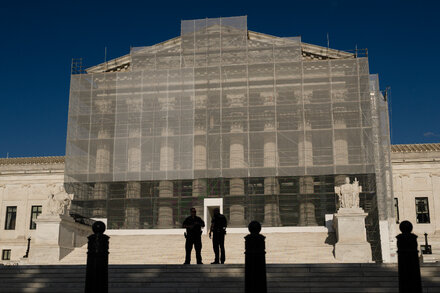Throughout his presidency, former President Donald Trump’s cabinet appointments frequently drew intense scrutiny from across the political spectrum, sparking debates over qualifications, experience, and perceived effectiveness. Critics often raised concerns that some nominees lacked deep subject matter expertise relevant to the departments they were tasked to lead, while supporters emphasized alternative qualifications such as business acumen or a fresh, outsider perspective.
A recurring theme in the criticisms centered on the backgrounds of several key appointees. For instance, Betsy DeVos, nominated as Secretary of Education, faced questioning over her lack of direct experience with public schools, having been a prominent advocate for school choice and charter schools. Similarly, Ben Carson, appointed Secretary of Housing and Urban Development (HUD), drew attention for his distinguished career as a neurosurgeon but limited prior experience in housing policy or urban development.
Other appointments, such as that of Rick Perry to lead the Department of Energy, also generated discussion. Perry, a former governor of Texas, had famously called for the abolition of the department during a presidential primary debate, leading to questions about his commitment to its mission. These appointments, among others, prompted a broader conversation about the criteria for selecting high-level government officials, with critics suggesting a prioritization of loyalty or alignment with the president’s agenda over traditional qualifications.
The Trump administration’s tenure was also marked by a comparatively high rate of cabinet turnover, with several high-profile officials departing or being replaced, sometimes after public disagreements with the president or shifts in policy direction. This turnover, some analysts argued, further exacerbated concerns about continuity and stability within the executive branch.
“The repeated focus on loyalty over deep expertise or even policy alignment led to a period of unprecedented churn,” noted one political analyst during the administration, highlighting concerns about the long-term impact on federal agencies.
Conversely, defenders of the administration’s choices often argued that the appointees brought valuable perspectives from outside Washington’s traditional circles. They contended that business leaders or individuals with non-traditional backgrounds could bring efficiency and innovation to government, cutting through bureaucracy and achieving results that career politicians might not. The administration often emphasized that its cabinet members were selected for their ability to challenge the status quo and implement the president’s agenda.
The extensive public and media analysis of cabinet selections under the Trump administration underscored ongoing debates in American governance regarding the balance between experience, political alignment, and administrative effectiveness in shaping the nation’s leadership.
Source: Read the original article here.





